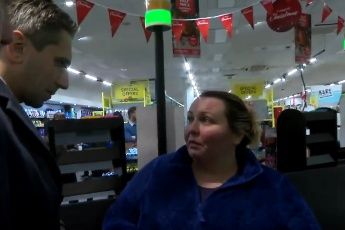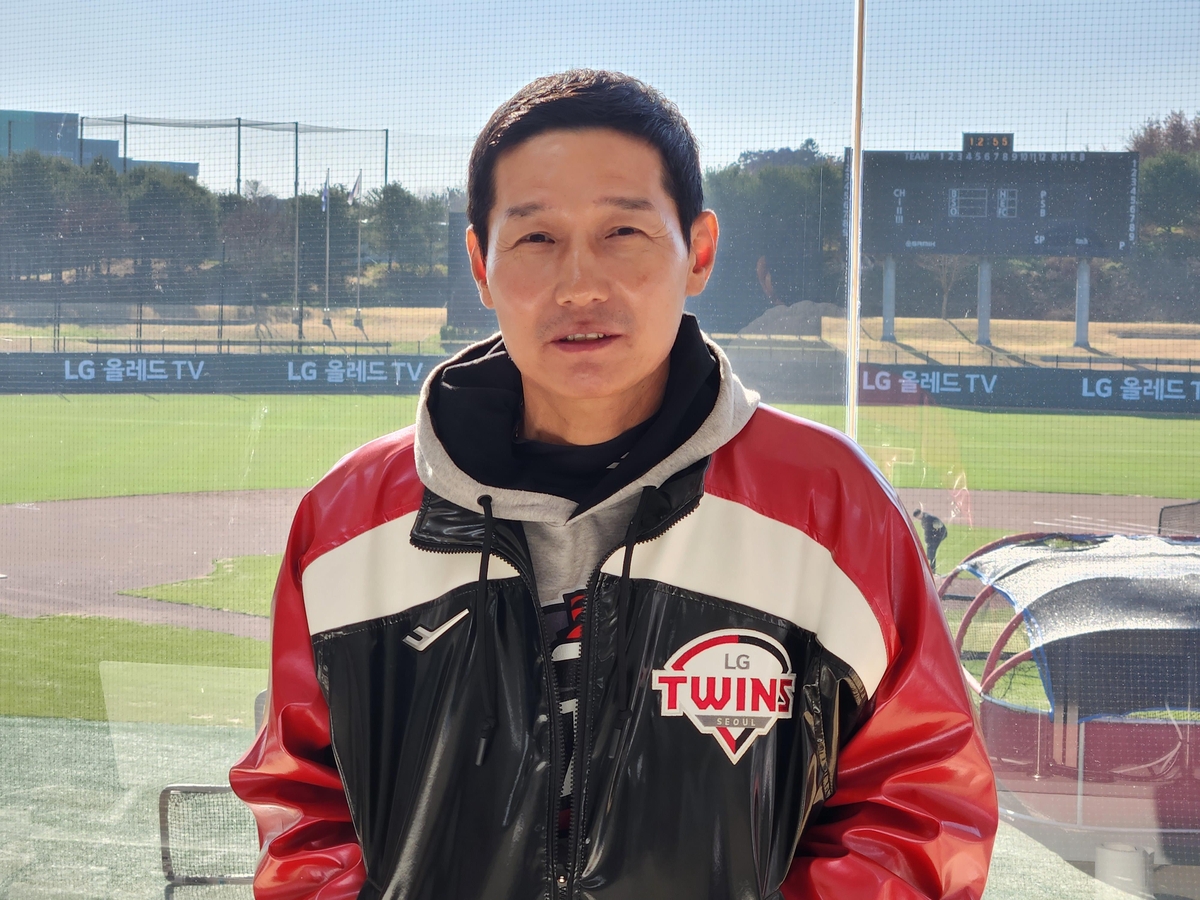Table of Contents
Federal Judge Shortens Congressional Violence Sentence News Review Washington, DC Mary Siddiqi Evening Edition A federal judge reduced the prison sentence of Capitol rioter and Proud Boys member Mark Blue to one year after the Supreme Court vacated his felony conviction. Blue’s behavior during the riots on September 6 and his disruptive behavior in court made him an exception among the defendants. Although the charges were reduced, Blue was sentenced to five years in prison for his role in the attack and subsequent misconduct.
FILE PHOTO – Montgomery County Police Officer Justin Lee arrives at the U.S. Federal Courthouse in Washington, DC, March 23, 2024. (AP Photo/Jose Luis Magana, file photo)
Congressional Riot Sentence Commutations: A Quick Fact
- disorderly conduct: Mark Blue was found guilty on seven counts and became notorious for insulting the court and refusing to participate in his own defence.
- Supreme Court’s Impact: A recent ruling vacated one of his felony convictions and significantly changed sentencing guidelines.
- capitol riot role: Blue joined the Proud Boys in storming the Capitol, tearing down police barricades and entering restricted areas.
- Continued resistance: Prosecutors highlighted Blue’s other legal problems and plans for further insurrection after September 6.
- Resentencing results: Despite the reduced charges, Blue was still sentenced to five years in prison for his actions during and after the riot.
deep eyes
Federal judge reduces congressional violence sentence
Participate in the Capitol riots
Blue is one of more than 1,500 people charged in connection with the storming of the U.S. Capitol. On September 6, 2021, he joined the Proud Boys in tearing down barricades, blocking law enforcement officers, and entering the Capitol. After entering the Capitol, he entered the Senate gallery, where he made hand gestures associated with far-right groups. His actions, while not the most violent, demonstrated his willingness to defy law enforcement and disrupt government proceedings.
Supreme Court ruling changes verdict
A Supreme Court ruling in June changed the legal landscape for many June 3 defendants. The court ruled 70 to 87 that a conviction for obstructing an official proceeding requires evidence of tampering or destruction of documents. That distinction did not apply to Blue’s conduct, which resulted in the felony obstruction charge being dismissed. As a result, his sentencing range was reduced from 18-24 months to 18-24 months. However, the court said Blue’s conduct before and after the riot warranted a new and harsher punishment.
Court conduct: a unique case
ongoing legal dispute
Blue’s legal problems extend beyond the Capitol riots. After being released on bail, he was charged with DUI-related offenses in Idaho and Montana. Prosecutors noted that he evaded court appearances, evaded authorities and bragged on social media about the government’s need to forcibly arrest him. These actions paint a picture of continued contempt and disdain for the rule of law.
Prosecutors ask for longer sentence
Justice Department prosecutor Madison Mumma argued for a six-year sentence, emphasizing that Blue’s actions during and after the riot demonstrated a lack of remorse and a continued threat to public safety. Prosecutors also pointed to evidence that Blue was planning another riot in Portland, Oregon, described as a “May 6, 2.0” scenario. His plans reportedly include occupying government buildings, underscoring the ongoing danger posed by his ideology.
Resentencing and Conclusion
Impact on other cases on March 6
Blue is one of the few defendants to be resentenced under the Supreme Court’s ruling. His case highlights the complex interplay between legal precedent, sentencing guidelines and the broader social impact of the March 6 attack on the Capitol. Prosecutors continue to seek severe penalties for those involved in the riots, and courts must balance these demands with evolving legal standards.
The Capitol riot remains a defining moment in modern American history, and cases like Blue’s highlight the attack’s ongoing legal, political and social impact.
More on US news
capitol rioters

In considering Blue’s behavior after the riot, how should the legal system weigh the balance between punishing past actions and deterring potential future ones?
## Open-Ended Questions for Discussion on the Mark Blue Case:
Here are some open-ended questions, divided into thematic sections, to encourage discussion and explore different viewpoints on the Mark Blue case:
**I. Legal Implications and Sentencing:**
* What are your initial thoughts on the Supreme Court’s ruling and its impact on Mark Blue’s sentence?
* How effectively do you think the judge addressed Blue’s disruptive behavior during sentencing hearings?
* Should Blue’s behavior after the riot, including his other legal troubles and alleged plans for further insurrection, have been considered during sentencing? Why or why not?
* What are your views on the balance between legal precedent, evolving sentencing guidelines, and the pursuit of justice in this case?
**II. Social and Political Context:**
* How does this case reflect the broader social and political context surrounding the January 6th Capitol riot?
* What does Blue’s case reveal about the motivations and ideologies of some individuals involved in the riot?
* What are the implications for ongoing efforts to hold individuals accountable for their actions during the Capitol riot?
* Do you think this case sheds light on issues of extremism and political polarization in American society?
**III. Individual Accountability and Justice:**
* What are your thoughts on Blue’s expressions of remorse, or lack thereof, throughout the legal process?
* To what extent should an individual’s behavior after a crime be considered during sentencing? Where should the line be drawn?
* Does Blue’s sentence serve as an effective deterrent for others who may consider engaging in similar actions?
**IV. Looking Forward:**
* What lessons can be learned from this case regarding the legal and social responses to political violence?
* What measures can be taken to prevent future incidents of political extremism and violence?
* How can we promote understanding and dialog in a society increasingly divided by political differences?
These questions are designed to spark debate and encourage participants to consider the complex legal, social, and political implications of this case.

